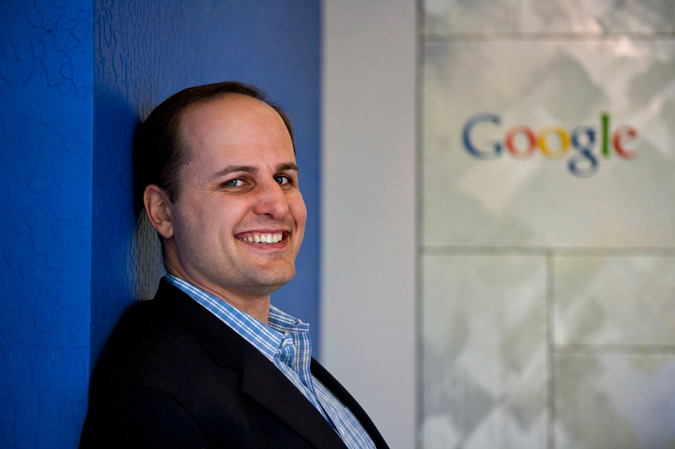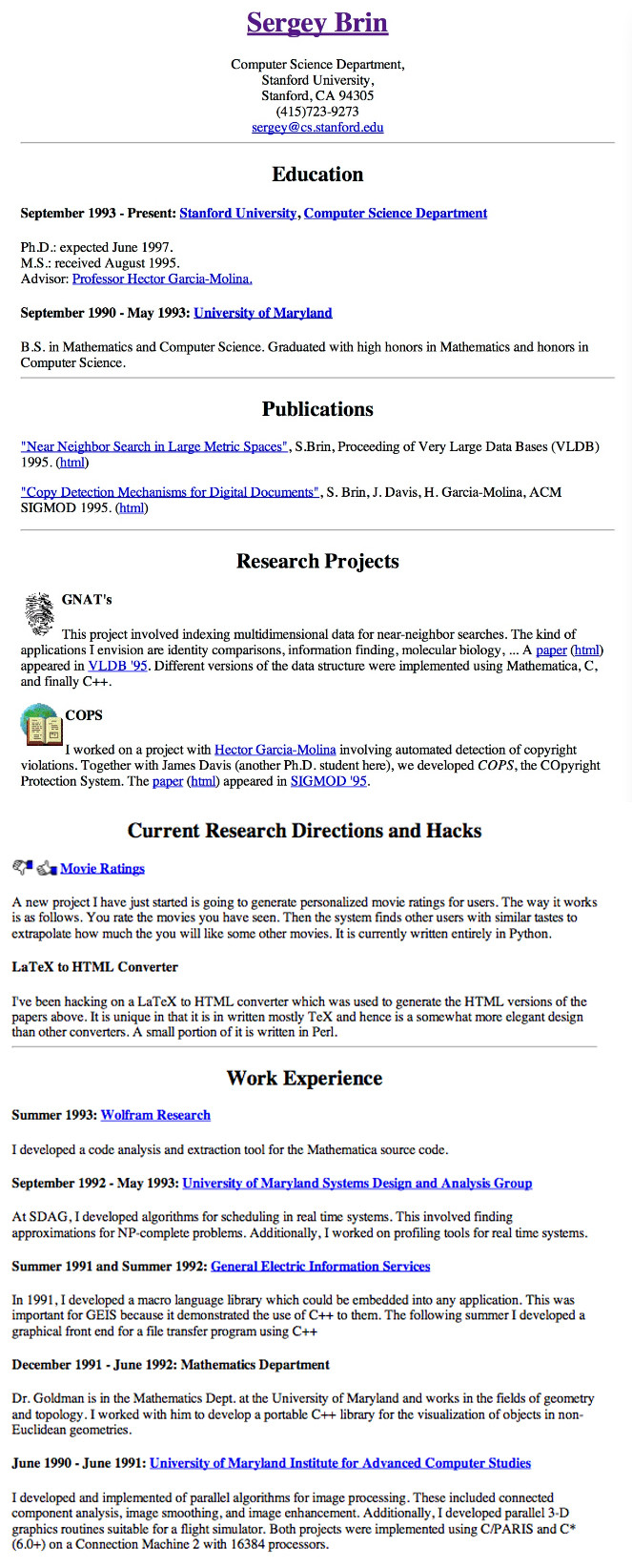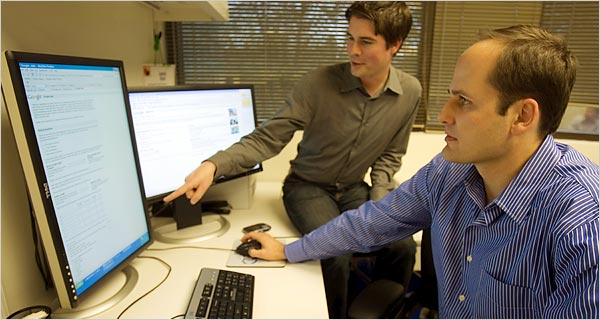[REVEALED] A TOP Google Executive Shares Tips On How To Get A Job At Google
Hint: Getting hired is not about your G.P.A. It’s about what you can do and what you know.
Every so often, the Internet hears amazing stories of people who landed a job out of the blue. For example, this 19-year-old Yale student whose style impressed Kanye West so much, he was made the rapper's stylist
Or this middle-aged IT guy who tweeted his way into a comedy writing gig on Seth Meyers' 'Late Night' show
But as awesome as these stories may be, the fact is that for the vast majority of job-seekers, traditional HR methods are still as important and relevant as ever
One of such methods include: the dreaded résumé. Luckily, your task is about to get a little bit easier with tips from Laszlo Bock, Google’s head of human resources, who oversees the hiring of 100 new Google employees each week.
 businessinsider.in
businessinsider.in
As Google's senior vice president of people operations, Bock comes across countless résumés everyday. In a sit-down with the New York Times to provide advice to hopeful job applicants, Bock said it's crucial for prospective candidates to specify their accomplishments and differentiate themselves from the crowd.
policymic.comBe specific on your résumé
Retired U.S. Air Force Master Sgt. Thomas Gipson, of Atlanta, right, has his resume looked over by Ralph Brown, a management and program analyst with the Centers for Disease Control and Prevention, during a job fair for veterans at the VFW Post 2681, Marietta, Ga.
Image via post-gazette.comBock points out that many people’s resumes are overly vague. Instead a resume should offer specific details about a worker’s job experience that help contextualize his accomplishments. "The key is to frame your strengths as: 'I accomplished X, relative to Y, by doing Z.' Most people would write a résumé like this: 'Wrote editorials for The New York Times.' Better would be to say: 'Had 50 op-eds published compared to average of 6 by most op-ed [writers] as a result of providing deep insight into the following area for three years,' explained Bock.
Choose hard courses over straight A’s
Bock says a lower grade in a more challenging course can be more impressive to employers than a stellar performance in an easier class. He said a B in computer science could be more significant than an A+ in English “because it signals a rigor in your thinking and a more challenging course load.”
According to Bock, the proportion of people without any college education at Google has increased over time, now as high as 14 percent on some teams
Charles Williams at Google Headquarters, Mountain View, California
Image via highprioritymarketing.comBock says that Google had determined that “G.P.A.’s are worthless as a criteria for hiring, and test scores are worthless. ... We found that they don’t predict anything.”
Explaining further, Bock says the No. 1 thing Google look for is general cognitive ability, and it’s not I.Q. It’s learning ability.
“There are five hiring attributes we have across the company,” explained Bock. “If it’s a technical role, we assess your coding ability, and half the roles in the company are technical roles. For every job, though, the No. 1 thing we look for is general cognitive ability, and it’s not I.Q. It’s learning ability. It’s the ability to process on the fly. It’s the ability to pull together disparate bits of information. We assess that using structured behavioral interviews that we validate to make sure they’re predictive.”
post-gazette.comAccording to Bock, 'emergent leadership' as opposed to traditional leadership is what attracts Google
"Traditional leadership is, were you president of the chess club? Were you vice president of sales? How quickly did you get there? We don’t care. What we care about is, when faced with a problem and you’re a member of a team, do you, at the appropriate time, step in and lead. And just as critically, do you step back and stop leading, do you let someone else? Because what’s critical to be an effective leader in this environment is you have to be willing to relinquish power."
He also believes that a foundation in the liberal arts is "phenomenally important," and it's better for companies to have people from diverse fields. He says:
“Ten years ago behavioral economics was rarely referenced. But [then] you apply social science to economics and suddenly there’s this whole new field. I think a lot about how the most interesting things are happening at the intersection of two fields. To pursue that, you need expertise in both fields. You have to understand economics and psychology or statistics and physics [and] bring them together. You need some people who are holistic thinkers and have liberal arts backgrounds and some who are deep functional experts. Building that balance is hard, but that’s where you end up building great societies, great organizations.”
policymic.comWhen asked about his best advice for job interviews, Bock recommends using this structure to explain your experiences to an employer:
“What you want to do is say: ‘Here’s the attribute I’m going to demonstrate; here’s the story demonstrating it; here’s how that story demonstrated that attribute.’ ” And here is how it can create value. “Most people in an interview don’t make explicit their thought process behind how or why they did something and, even if they are able to come up with a compelling story, they are unable to explain their thought process.”











